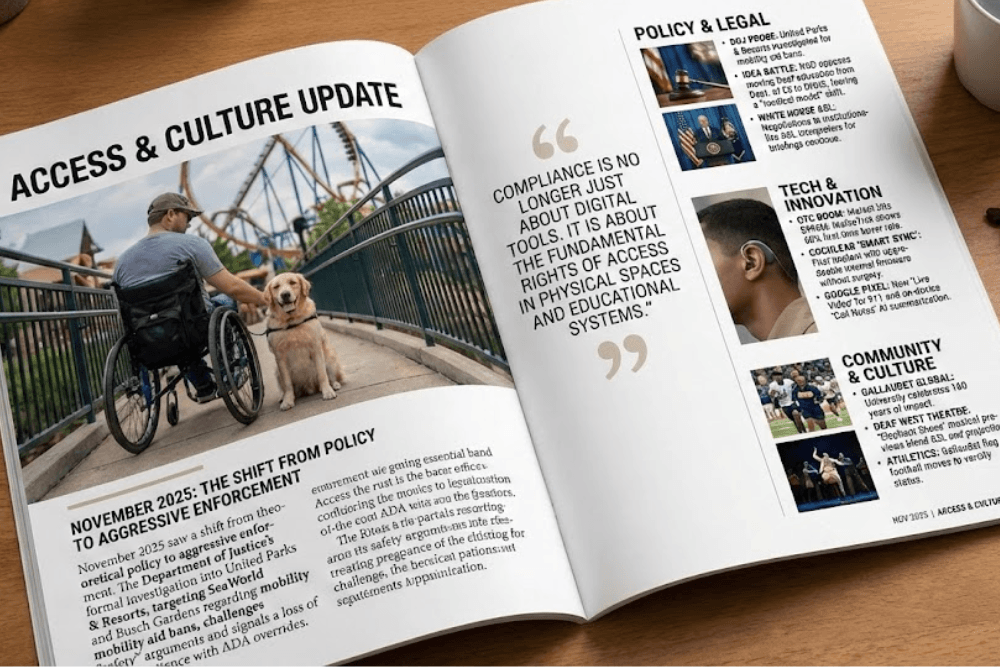Knowledge and theory are taught in the classroom, the next step into application happens with us at Partners Interpreting.
You did everything right. You enrolled in an interpreter training program, dedicated yourself to learning the theory, practiced, and passed the classes. You have a deep love for the language and a passion for communication. But now that it’s time to step into the professional world, a feeling of doubt creeps in. If you’ve ever thought, “Why don’t I feel ready to interpret?” you are not alone.
Understanding the Interpreter’s Readiness Gap
The feeling of being nervous, anxious, (maybe not ready to work independently) is a common experience for many students graduating from interpreting programs. While your education provided a crucial foundation, it may have lacked sufficient opportunities for hands-on application in the fast-paced, nuanced environments where professional interpreters work every day.
This gap between classroom knowledge and classroom practical ‘real world’ application skill is where confidence is lost. The good news is that this gap can be bridged with intentional, focused effort and the right kind of support.
A Practical Plan for Building Professional Confidence
You have the academic foundation; now it’s time to build the practical skills that create a confident professional. The key is to seek out structured, guided experience.
Start by finding a mentor who will provide honest, constructive feedback—someone who can tell you what you’re doing well and what skill need further development through guided practice. Shadowing working interpreters or interpreting for low-risk assignments under supervision of your mentor for low-risk assignments are invaluable ways to observe professionals in action and begin applying your own skills. As you gain experience, you can begin preparing for certification. Even if you aren’t ready to test yet, studying the material and practicing the skills required will build a clear path toward that goal.
A Program Built to Fill That Gap
Navigating this next phase on your own can be daunting. That’s why we created our Internship & Apprenticeship Program. It is specifically designed to bridge the space between graduation and professional readiness.
Our goal is to provide aspiring interpreters with a rich and diverse experience in a safe, structured, and supportive environment. You will receive an individualized action plan to guide your learning, along with structured mentorship, diagnostic evaluations, and skills coaching from experienced professionals. It is a proven pathway to help increase your success in achieving certification. You will work alongside professional ASL/English interpreters and even shadow our office team to understand the business side of the profession. We offer both paid and unpaid options, and for those coming from out of town, we may be able to assist with housing in Boston.
Let’s Get You Where You Want to Be
You’ve already put in years of hard work. Now it’s time to take the final, most important step with a team that is invested in your success. You don’t need to do this alone.
📩 Ready to turn your degree into a career? Email services@partnersinterpreting.com to learn more or to apply to our mentorship program.






